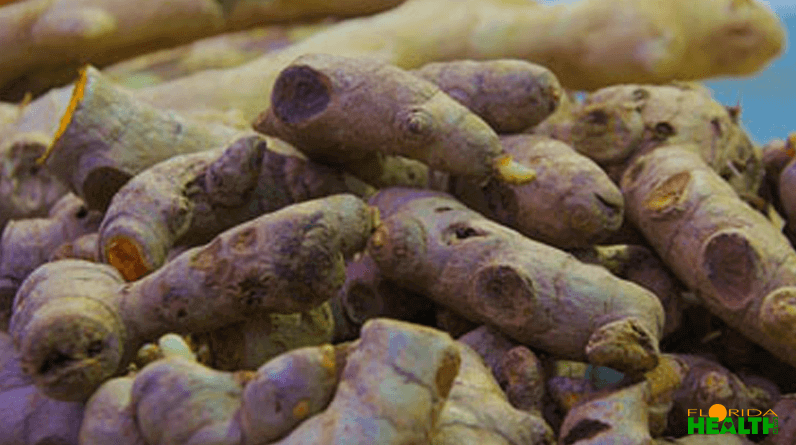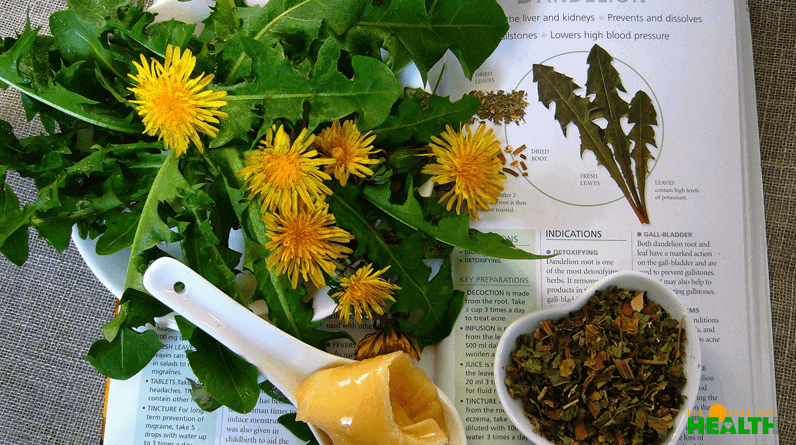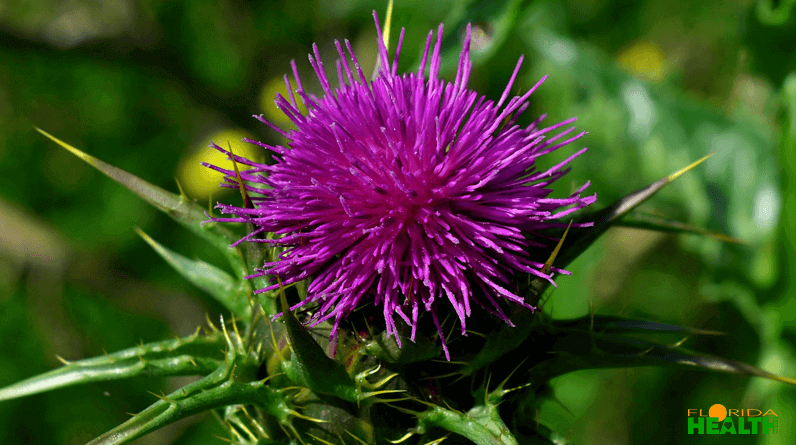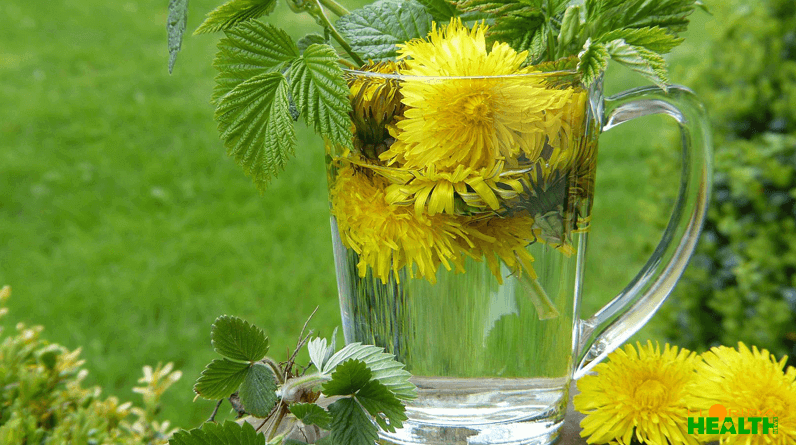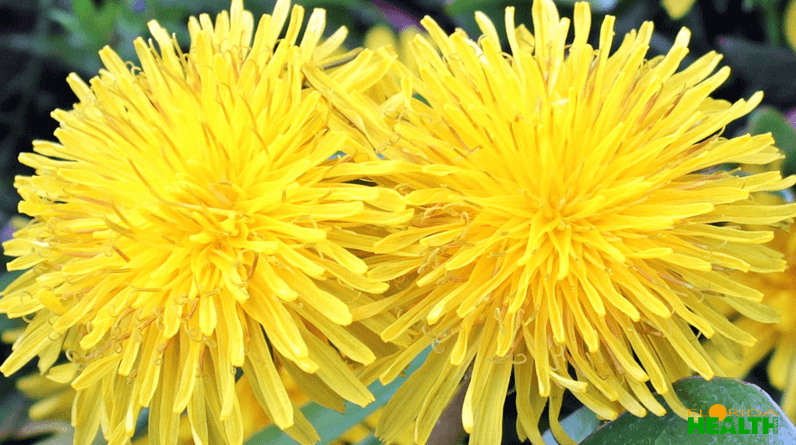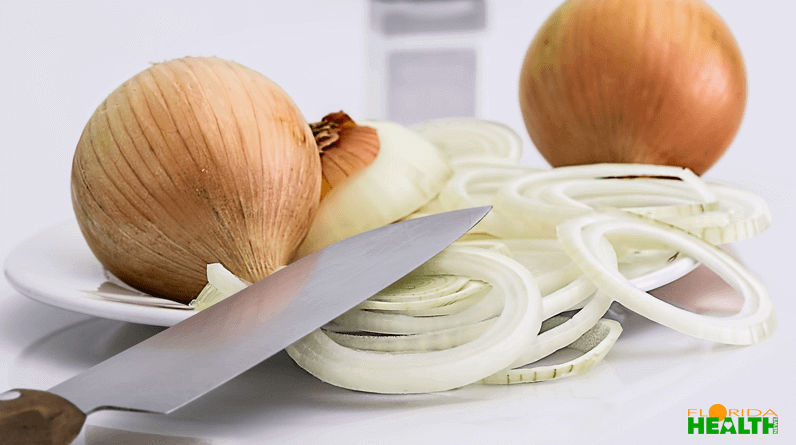
There’s been a buzz in the press and news media…
over the past couple of years about the fact that, as a race, we are developing immunity to antibiotic drugs. This means, quite simply, that we have overused the drugs prescribed by doctors and pharmacists to such an extent that we can no longer rely on these drugs to fight off infections.
As a result of this, the search for new antibiotics has taken on huge importance and urgency. However, we have only had these drugs since the discovery of penicillin in 1928. What did we do before that to treat infections? And indeed what should we arguably be doing right now?
The answer, of course, is to go back to the source of these drugs – the natural world! Throughout history we have been using natural remedies that have antibiotic properties, and – as is often the way with nature – these aren’t remedies to which we will ever become immune or resistant.
Let’s take a look at 4 of the most effective natural antibiotics:
1. Oregano oil is known to be effective in treating infections such as streptococcus – which is often responsible for throat infections – and staphylococcus, which can be the culprit behind food poisoning. It’s also helpful in treating several other types of bacteria. It’s important that you source the oil from a reputable dealer, as it can vary widely in potency. Also, be sure you’re not actually getting marjoram oil which is sometimes substituted.
2. Garlic isn’t just a valuable ingredient in cooking; it’s also a wonderful natural antibiotic, antifungal, and antiviral agent. As an added bonus, it also contains minerals that will help boost your immune system, so it’s a powerful addition to the armory of natural health.
3. Turmeric is another ingredient that is widely found in the kitchens of the world, in particular in traditional Indian cuisine. As a cooking ingredient, curcumin comes either in dried and ground powder form, or in its raw state, which looks rather like ginger, but with a vivid yellow/orange flesh. For use as a natural antibiotic and anti-inflammatory, it is available as an extract.
4. Echinacea has recently been ‘discovered’ as a natural antibiotic and as a treatment or prophylactic against the common cold, however, it has been known as a specific for the treatment of respiratory infections, septicemia, gum disease – even malaria and diphtheria – for generations. Now widely available, many people use it as a matter, of course, to ward off viral conditions such as colds and flu, and scientific studies have shown it to be highly effective for many people.
5. Onions contain a variety of compounds that have health benefits. Fructo-oligosaccharides, for example, stimulate the growth of bifidobacteria which suppress the growth of potentially harmful bacteria in the colon.

Carl Riedel is an esteemed online researcher and writer, specializing in the intersection of technology and wellness. As a member of the International Association of Therapists, Carl brings a unique perspective to his work, skillfully integrating insights from therapy and digital trends. His articles help readers navigate the complexities of the digital age with an emphasis on promoting mental and emotional well-being.


